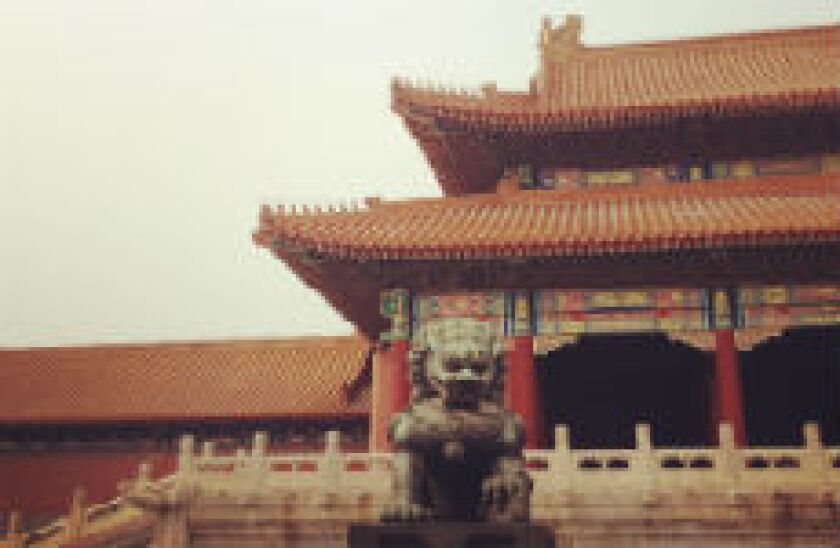China's economy grew by 6.2% year-on-year in the second quarter, down from 6.4% growth in the first three months of the year, according to data released by the National Bureau of Statistics on Monday morning.
*
In dollar terms, China’s exports contracted by 1.3% year-on-year in June from a 1.1% growth in May. Imports continued to decline, falling by 7.3% year-on-year in June. China’s trade surplus widened to $50.98bn in June, the highest level since December last year, the General Administration of Customs announced on a Friday press conference.
Exports to the US declined by 7.8% year-on-year, gaining pace from May’s 4.1% decline. Exports to the European Union also dropped, falling by 3% year-on-year in June from a 6.1% growth in May.
Exports to the ASEAN region, however, increased 12.9% year-on-year.
“Weaker global demand, higher tariffs from the US and smaller impacts from the frontloading may have contributed to the slowdown in exports momentum in June, though depreciation in RMB over the past several months may have been supportive,” Zhennan Li, a China economist at Goldman Sachs, wrote in a Friday note. “Export momentum may remain modest in coming months, given moderate global economic growth.”
*
Total social financing (TSF), a broad measure of lending that includes at least part of China's shadow banking system, increased by 10.9% year-on-year in June, reaching Rmb13.23tr. The growth is slightly slower than last June’s 11.1% year-on-year increase, according to the data released by the People’s Bank of China (PBoC) on Friday. China’s broad money supply growth remained unchanged, growing at 8.5% year-on-year.
New renminbi loans grew Rmb1.66tr ($241.4bn) in June. Outstanding renminbi loans climbed 13% year-on-year in the month, down from the 13.4% growth in May.
However, medium-to-long term loans took up only 51.9% of the total new renminbi loans in June, the lowest level since June 2018, Xie Dongming, head of Greater China research at OCBC Bank, said in a Monday note.
“This was probably due to banks’ weak appetite as a result of shifting of monetary policy stance back to neutral in April,” Xie added.
“Off-balance sheet lending remained the key drag on social financing as entrusted loans and banker’s acceptance bills continued to shrink, though trust loans returned to positive expansion,” Xie continued. “Nevertheless, given the recent window guidance to limit the trust loan support to the property market, we think China’s off-balance-sheet lending is likely to remain weak.”
Yu Song, chief China economist at Goldman Sachs, expected the policy to be supportive in the third quarter, especially in light of the 70th anniversary of the founding of China on October 1.
*
The National Development and Reform Commission (NDRC) said on Friday that any new offshore bonds issued by real estate firms must be used only to replace medium-to-long term offshore debt maturing in the coming year.
NDRC also said that real estate companies also must specify how they will use the funds raised offshore in their bond prospectuses and contain foreign debt risks by holding a “reasonable position” in their FX reserves.
*
China said it will impose sanctions on US companies involved in arms sales to Taiwan, Geng Shuang, a spokesperson at the Ministry of Commerce, said in a Friday statement. The US State Department approved a $2.2bn arms sale to Taiwan last week.
*
The Industrial and Commercial Bank of China (ICBC) received permission from its board of directors to issue no more than Rmb80bn of perpetual additional tier-one capital bonds, according to a statement on Friday.

